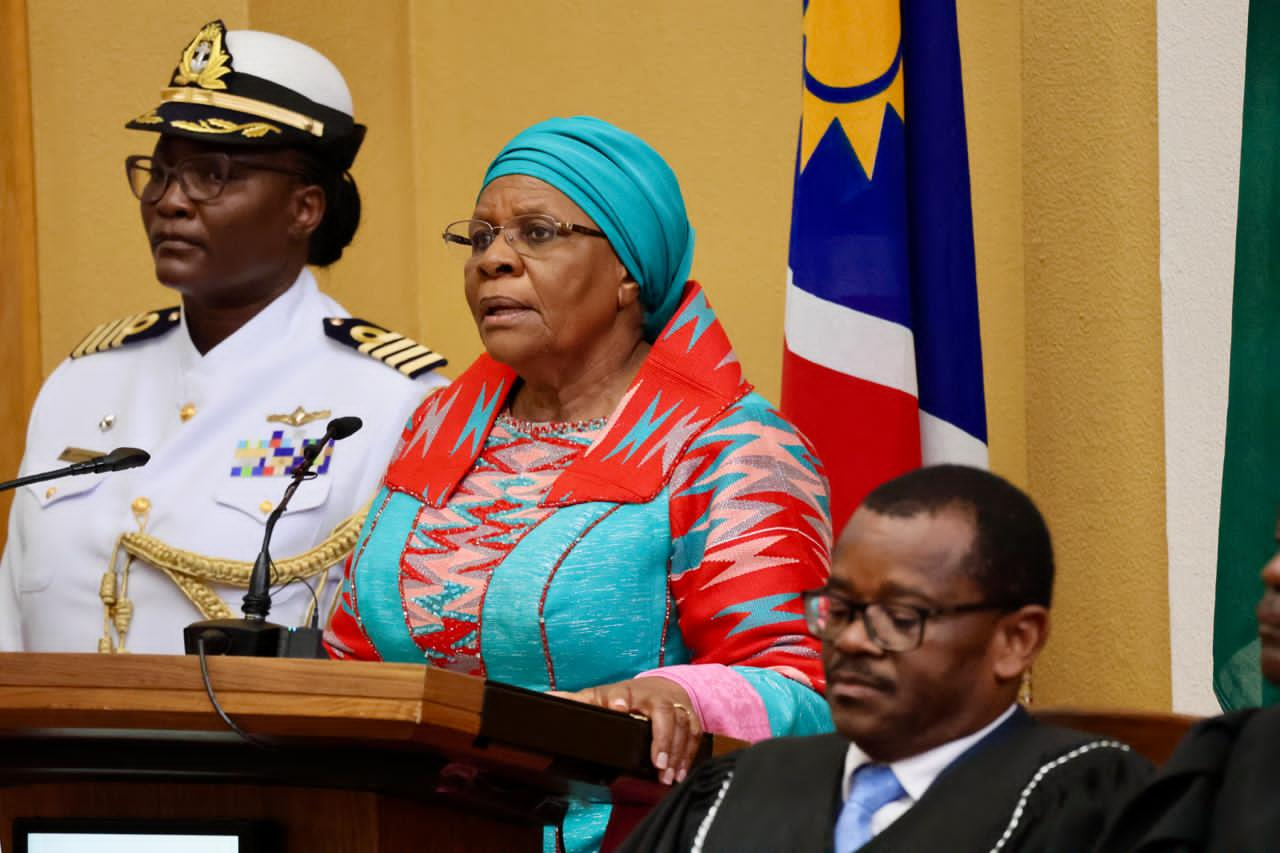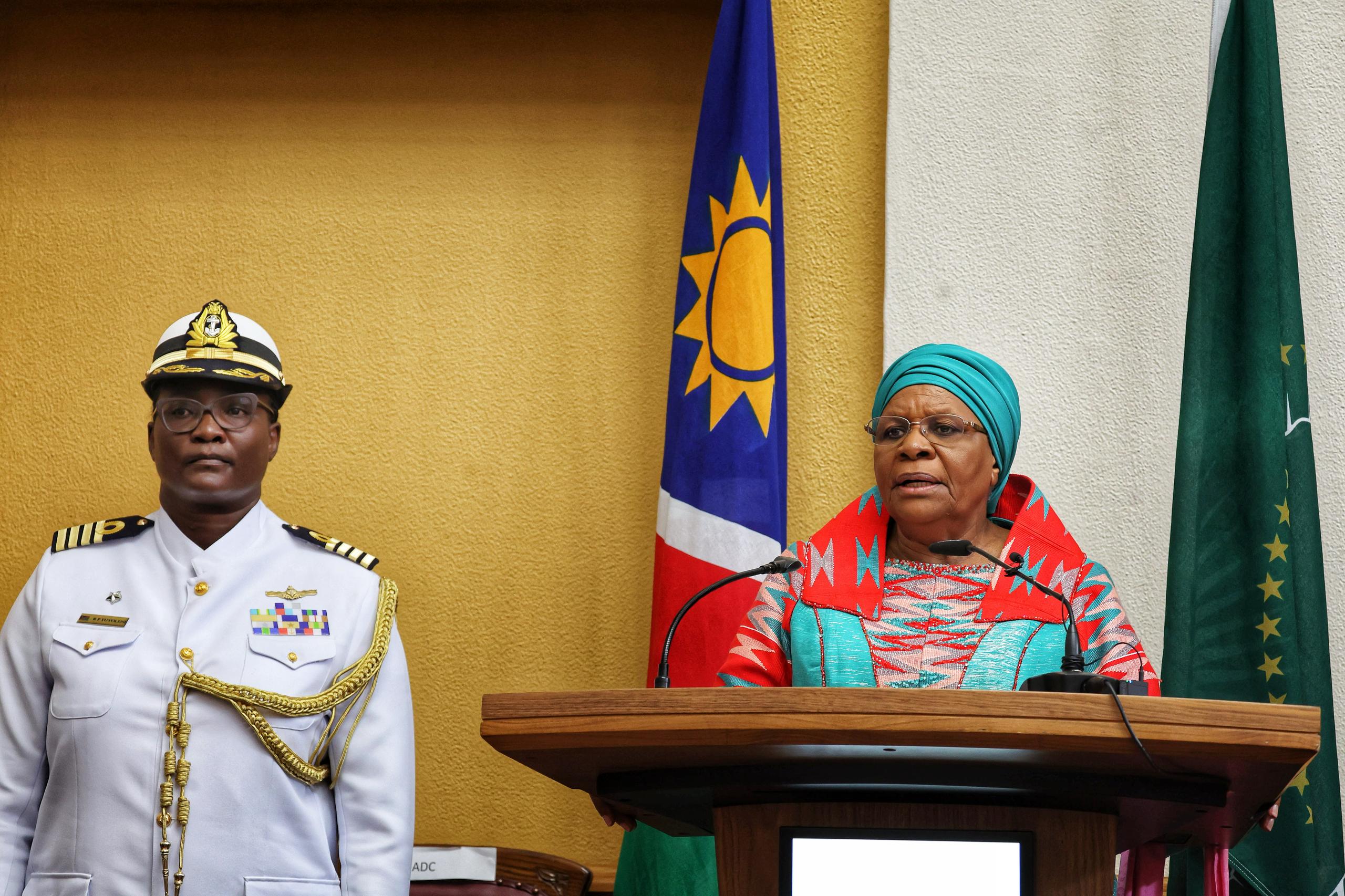Sport, youth and national service minister Agnes Tjongarero says the renewed partnership between the Namibia Grape Company (NGC) and South African-based Capespan represents monumental value in the agricultural sector.
The two parties renewed their partnership on Wednesday, extending their collaboration for another 20 years.
NGC, located at Aussenkehr in the //Kharas region, employs 1 700 temporary and 300 permanent workers, comprising mostly young people from across the country.
Overall, the grape industry at Aussenkehr is home to about 11 companies on 2 250 hectares, offering total employment to about 12 000 Namibians.
This number grows to about 17 000 employees when seasonal workers are employed during the harvesting period.
“It reflects a holistic approach to business that not only values economic success but also social and environmental well-being.
“As we move forward, I am confident that this partnership will deliver significant benefits for all our shareholders involved and particularly address the funding requirements of the National Youth Service (NYS),” said Tjongarero.
The partnership is a joint venture, with a 51% stake held by NGC and Capespan owning the remaining 49%. Standard Bank has provided a cash injection of N$136 million as a loan to the business going forward. With this, they project a guaranteed profit of N$17 million per annum, plus an annual increase of 3.5%.
The terms of the contract stipulate that NGC will cover the farm’s capital expenditure requirements, while both NGC and Capespan will share the annual working capital needs, including any incurring losses.
“The partnership provides an opportunity to overcome financial distress, reach a form of sustainability and create employment. Capespan managing director Charl du Bois actually indicated the numbers that we are currently employing being the biggest, not in terms of size but also in terms of production,” said NGC chairperson Richwell Lukonga.
CapeSpan South Africa is responsible for the global sales and marketing operations in conjunction with the local Namibian management of the company.
Together, their work has resulted in building up an extensive market presence for Namibian grapes internationally.
Namibian grapes are now exported to the United Kingdom, the Middle East, and the Far East, diversifying the market for Namibian products and boosting the economy.
“The Namibian grape industry in total has 11 different companies that are growing grapes on 2 250 hectares.
So it’s a big area that is dedicated to the table grape industry. And in total, the industry employs about 12 000 Namibians every year, which I think is a really big contribution to the Namibian economy,” said Du Bois.
NGC was ceded to the NYS in 2021.
Speaking at the handover at the time, then vice president Nangolo Mbumba said the change in ownership was due to a Cabinet decision mandated by the then Ministry of Lands and Resettlement to acquire full ownership and custodianship of the NGC on behalf of the government.
Mbumba said the intention was to transfer it to the NYS, which is mandated to provide personal development and employment opportunities for the youth.
“Therefore, the ultimate aim of the acquisition of the NGC by NYS is to ensure institutional self-sufficiency and sustainable empowerment of the Namibian youth,” he added.
Stay informed with The Namibian – your source for credible journalism. Get in-depth reporting and opinions for
only N$85 a month. Invest in journalism, invest in democracy –
Subscribe Now!










